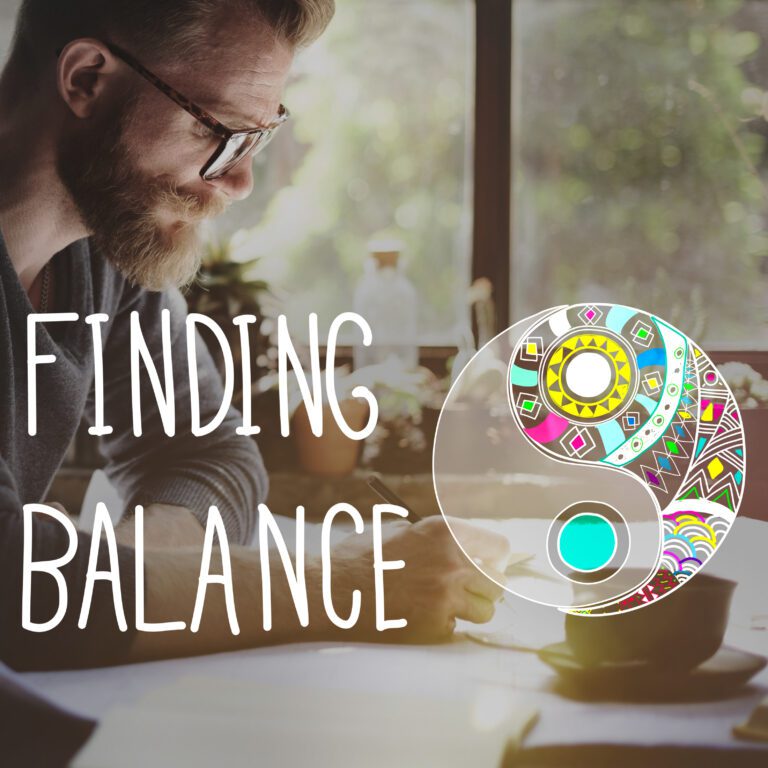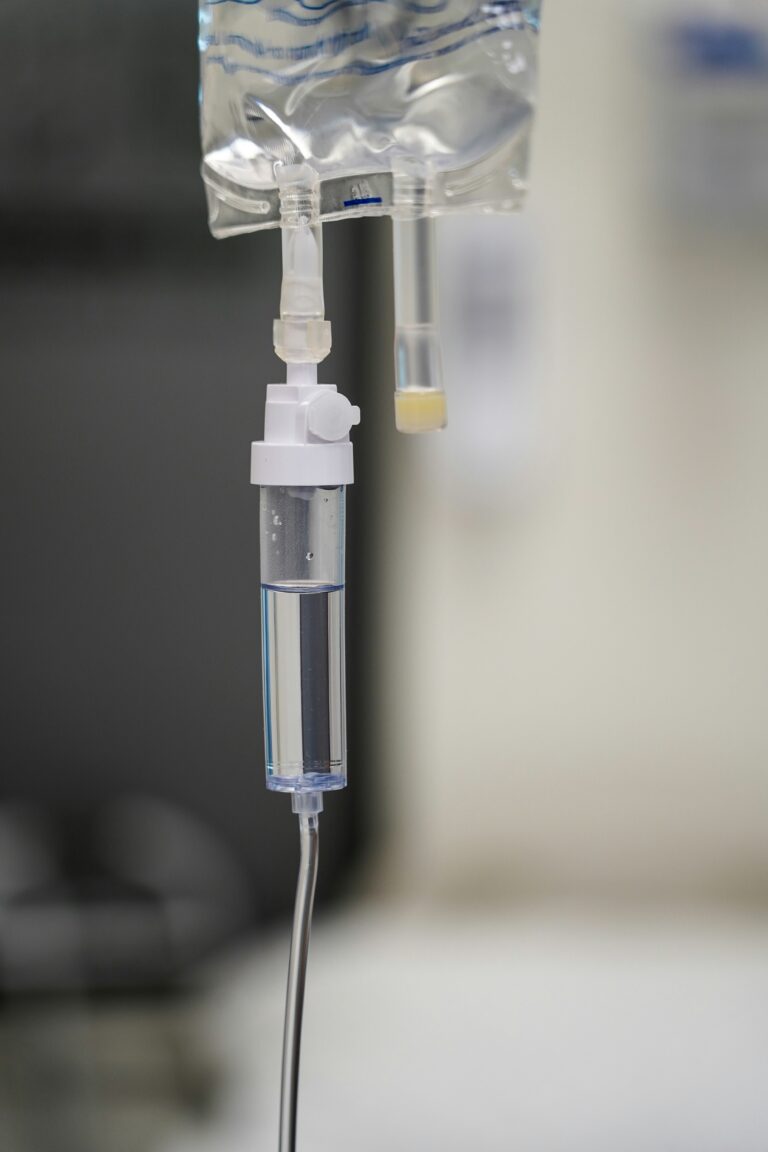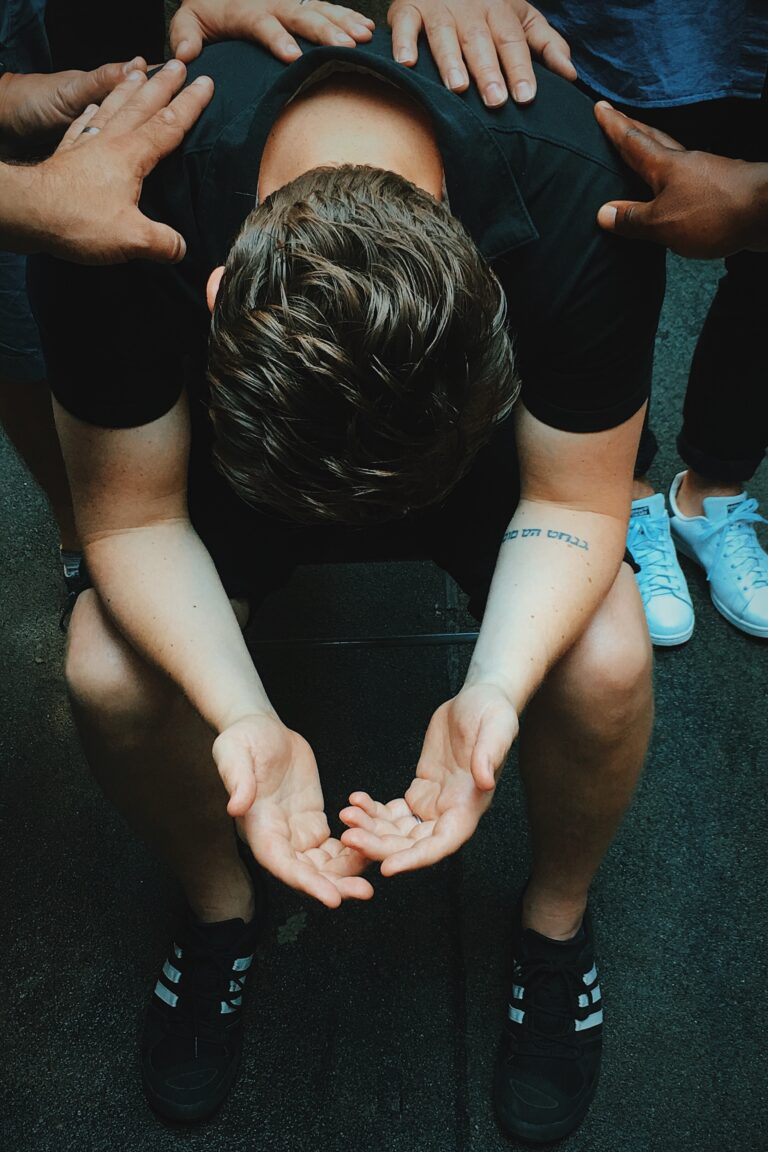How To Create A Treatment Plan For Bipolar Disorder
Living with bipolar disorder is a daily battle. Each day is a continual battle in this ongoing war with bipolar disorder. A treatment plan is a roadmap to help manage your illness from day to day.
To deal with the daily onslaught of bipolar disorder, you need a strong arsenal to defend yourself.
Many individuals maintain a routine and utilize various coping skills and strategies to get through the day. Sometimes, it is almost too difficult to make it through a day. In this instance, it can be a matter of survival to keep going from one hour to the next.
Living with bipolar disorder is a journey. Like any journey, a roadmap helps to navigate the route.
I found a simple yet effective way to help navigate me along my journey with bipolar disorder. I created a treatment plan and a crisis plan to support my ability to manage my bipolar disorder. Taking the time to create this plan will help you to lead a more proactive, productive, and fulfilling life. It will help you manage your bipolar disorder daily.
Create A Treatment Plan
A treatment plan is a game plan to help you manage your bipolar disorder.
Each person diagnosed with bipolar disorder has their own personal treatment plan. Whether you formally acknowledge it or not, you have a plan. It is based on action, inaction, or somewhere in between.
I actively participate in managing my bipolar disorder every day. It is imperative that I do something myself and not wait for someone or something else to do it. Stability is extremely important not only to me but also to my family.
I hope to provide you with some guidance on the overall treatment of your bipolar disorder.
The Foundation for a Treatment Plan
I have always visualized a treatment plan and a crisis plan as composed of building blocks supported by a solid foundation.
The foundation of my plan comprises medication management, accompanied by regular therapy sessions. They make up the medical model. Modern medicine and countless research backs this treatment approach.
For medication management, I take a combination of mood stabilizers and antipsychotics. The mood stabilizers keep my mood from swinging too much either way. The antipsychotic helps to calm my mind from racing and to keep my psychosis at bay.
I take my medication upon waking in the morning and at night for about an hour before I hop into bed.
Each week, I see a therapist.
The third component of my treatment plan is a healthy lifestyle.
A Healthy Lifestyle
Your exercise and eating habits contribute directly to your lifestyle – good and bad.
Exercise
Exercise is one of my non-negotiables—it strengthens both my mind and body. To manage my bipolar disorder, I need my mind and body to function at their optimal levels.
Every day, I work out with weights for about 45 minutes to an hour. I also ride my exercise bike every so often. 20 minutes is the absolute minimum I will do each day. Not only do I enjoy working out, but it improves my mood, energy, anxiety, stress level, and sleep.
Eating Choices
Making good eating choices is another component of a healthy lifestyle. You need to look at both your eating choices and exercise together. After all, you can’t out-exercise a poor diet.
Diet is not a term I like to use. I like eating habits because my focus is on moderation. I restrict nothing but try to eat from all the food groups and monitor my portion sizes.
The primary goal of my healthy lifestyle is to boost my mental health. Losing weight is a secondary goal and is gravy to my overall plan.
The Building Blocks Of My Treatment Plan
Coping skills are ways you deal with the various symptoms of your bipolar disorder. The dictionary defines coping skills as, “Methods a person uses to deal with stressful situations.”
Healthy coping skills are what I use to help manage my illness daily. They build upon the foundation of my Crisis and Treatment Plan and increase my quality of life.
The following coping skills give me that extra edge to fight The Bipolar Battle.
Gratitude in the Morning and at Night
Upon waking and before getting in bed each night, I reflect on at least 5 things for which I am grateful.
I don’t always wake up in the best mood. Focusing on what I am grateful for sets my intention for the day. Gratitude is a simple activity that puts my mind in the right place.
For me, focusing on gratitude creates a more humble perspective and fosters a positive mindset.
You should try it and see how you feel.
Aromatherapy
Aromatherapy is a new activity I have adopted in the past couple of years. At first, I was skeptical. It didn’t take long for me to become a believer. It really is true. Smells can affect your mind in a very real way.
If you connect to a smell with a particular experience, that smell can trigger a similar emotional response. This goes for both good and bad memories. Find those scents that make you feel better.
For my aromatherapy practices, I use a diffuser. I simply fill it up with distilled water. Next, I add 3-5 drops of each essential oil to the distilled water. Once you turn on the diffuser, it will operate for about 24 hours and shut off automatically.
I never apply the essential oils directly to my skin or ingest them. Please talk to a professional if that is the route you want to take.
Writing/Blogging
For me, blogging and writing have been a Godsend.
I can organize my thoughts and ideas constructively and helpfully for others and myself.
There is something extremely therapeutic about getting your thoughts out of your head. It helps to ease my anxiety and slows the constant chatter in my head. I notice a difference if more than a day goes by that I do not write or blog.
Writing and blogging are such wonderful coping strategies for me because it mimics therapy. The therapist is my computer and I am the keyboard.
I’m getting daily therapy. Not too bad, right?
If writing or blogging isn’t your thing, try to find another creative outlet. You may already have one or are pursuing a new hobby.
Walk Outside in the Sunshine
Walking outside in the sunshine is simple, effective, and free.
I try my best to get at least 20 minutes outside. When summer arrives, the opportunity to get outside in the sunshine dramatically increases.
Sunshine and a quick walk can do wonders for your mental health. I can feel an immediate response after my walk in the sunshine.
Studies show that low vitamin D levels can be a contributor to depression. Getting out in the sun increases your level of vitamin D. You can also take a vitamin D supplement to get your daily vitamin D. Speak with your doctor if you have questions.
If you don’t get outside much, try it and see how you feel.
Therapy Animals
A therapy animal is different compared to a service animal. A service animal goes through specific training to help their owner with a particular issue.
Studies have shown that a therapy animal has a positive impact on your blood pressure, depression, stress level, and overall mental health.
If you don’t have a therapy animal, explore the possibility.
Music
Music can create a similar emotional response compared to a particular scent or smell.
Like various scents, music can trigger a very intense response. It can feel like a spiritual awakening. A specific experience from your past can be associated with a particular song. Hearing that same song can reignite the same emotions and feelings from that situation.
More often than not, a song doesn’t have any specific connection. The type of music you listen to can enhance or decrease your mood.
When driving a car, it can feel good to blast your music.
I listen to various genres of music based on my mood and thoughts. Sometimes a song I jammed out to in the morning can elicit the opposite response on another day, or even later that same day.
You should see if your music tastes vary based on your moods and feelings.
Movies/T.V.
Hulu has dozens of T.V. shows and so does Netflix. Although Netflix has more of a variety of movies compared to T.V. shows.
I usually binge-watch TV shows. The downside to binge-watching a show is the variability of my mood. Sometimes, I can’t finish a series before my brain chemistry switches.
Some movies and TV shows are extremely triggering. Make sure you are in a good spot before watching something that could be a trigger.
I thoroughly enjoy movies and a few T.V. shows. Movies are extremely entertaining to me and I enjoy all genres. Similar to music, I like particular movies based on my moods and my state of being.
I hope you use some suggestions I presented here for coping techniques and strategies. These tools will help you to implement your Crisis and Treatment Plan.
Now, let’s take a look at how you should tackle each day to manage your bipolar disorder.
A Daily Treatment Plan
Create a rough schedule of activities that you will follow each day. You should include a list of non-negotiables that must take place each day. These daily scheduled activities are the normal things you need to accomplish every day. This schedule will create a routine and help you manage your bipolar disorder.
Make a list of your non-negotiables and schedule them for each day. Write down your coping strategies that are most beneficial to you in helping to manage your bipolar disorder.
A Crisis Plan
A crisis plan takes effect when you get sick, such as getting manic/hypomanic or depressed.
Have the name and contact information of your psychiatrist, therapist, and other medical professionals treating you.
Your crisis plan is an actual contingency plan.
For example, I have discussed with my psychiatrist what I should do if I have sleepless nights. I have a PRN medication I take to make sure I get to sleep and don’t become manic.
In addition, I give access to all our money and cards to my wife. She takes over the sole responsibility for the finances to make sure I don’t make any bad financial decisions.
A treatment plan and a crisis plan help you keep stable and healthy and plan for any future bumps in the road.
The crisis plan should take effect when you get sick and need support. Do your best to continue your schedule of daily activities.
No two plans will be the same.
Write down all the information we have covered or type it up on the computer. Post your new Crisis and Treatment plan on your refrigerator and give a copy to your doctor and therapist.
Use your Crisis and Treatment Plan as a tool to manage your bipolar disorder. This treatment plan will help you to thrive through your journey instead of just surviving it.
Last Thoughts
If you follow the medical model approach to treatment, medication management, and therapy will make up the base of your treatment plan and crisis plan.
If you don’t do so now, I highly suggest you add exercise to your daily list of non-negotiables. Remember, you don’t have to lift weights. You can walk, jog, run, bike, swim, or do any activity which you enjoy. Make sure you choose something you like doing and can sustain over some time.
My coping skills and strategies help to maintain my overall health. I will change my strategies when I feel like they are no longer working.
If I use too many coping skills daily, I can get overwhelmed. Feeling overwhelmed just contributes to more stress. Stress destabilizes me and overdoing it is just counterproductive.
Your treatment plan and crisis plan will help you manage your bipolar disorder and help you maintain long-term stability.







